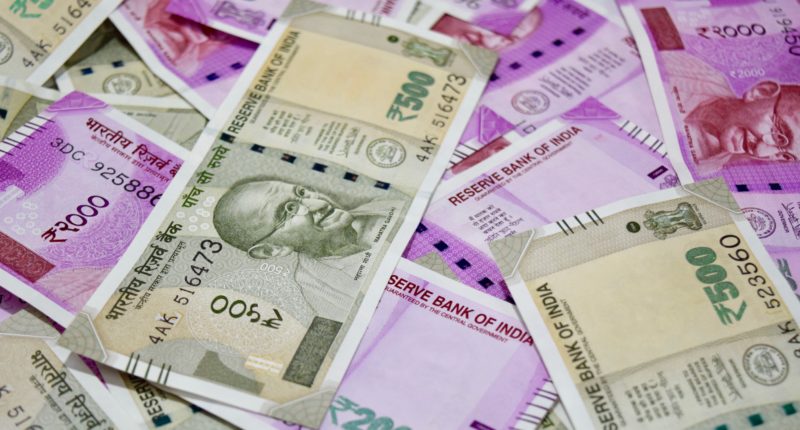The Reserve Bank of India (RBI) did a surprise rate hike that may help prevent the sharp sell-off by Foreign Portfolio Investors (FPIs) since it will arrest the rupee’s depreciation. Market strategists believe that the RBI’s focus on inflation would control any weakness in the rupee, making investments in bonds and equities attractive for FPIs.
On the other hand, untamed inflation could result in currency depreciating, causing capital outflows as returns have deteriorated. In the near term, the portfolio investors are expected to remain focused on the developments in the US. Their investments track the movement in the dollar index, which is currently soaring at 103.
The foreign investors take the risk away when the dollar strengthens and wind down positions in riskier geographies like emerging markets. The dollar index hit a low of 85 during the pandemic. However, it recovered and increased steadily to a high of 103. Investors are not expecting the dollar index to strengthen, but they do not believe that the capital will flow in when the index starts trending down.
Shrikant Chouhan, head of equity research at Kotak Securities, explains that typically portfolio investors take risks off the table when the dollar index strengthens. He stated that if the dollar index has achieved its extreme, FPIs may come back to India. The highest that the dollar index reached was in July 2001, when it touched 120.90. The RBI’s move will have a marginally positive impact on local currency as it helps to slow depreciation.
The dynamics of Indian markets have substantially changed in the last few years. The retail investors have been significant buyers of equities, supporting the market against heavy selling by the FPIs. FPIs ownership fell to 19.5% due to their relentless selling. Indian investors have become price setters rather than price takers currently, as their share in the overall listed space has increased.
Vivek Sharma, head of the International Clients Group at Edelweiss Wealth, believes that FPI selling will continue in the short term as global factors drive it. He stated that allocation to India is a part of the global allocation to emerging markets. Inflation coupled with rate hikes will revive risk-off trade and risk aversion. Once the situation normalises, local factors come into play. The uncertainty across the world has to subside, which is when the markets will stabilise.
For any clarifications/feedback on the topic, please contact the writer at mayashree.acharya@cleartax.in

I am an Advocate by profession. I interpret laws and put them in simple words. I love to explore and try new things in life.





